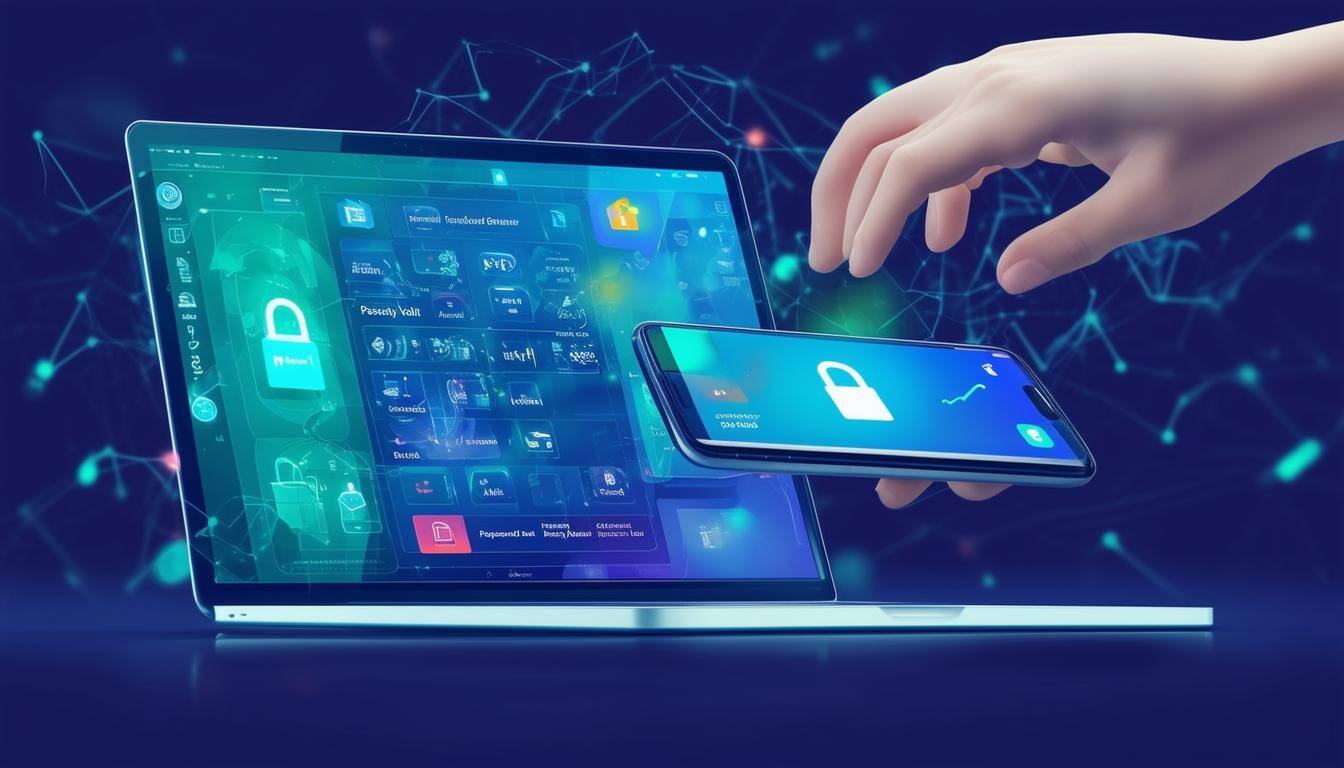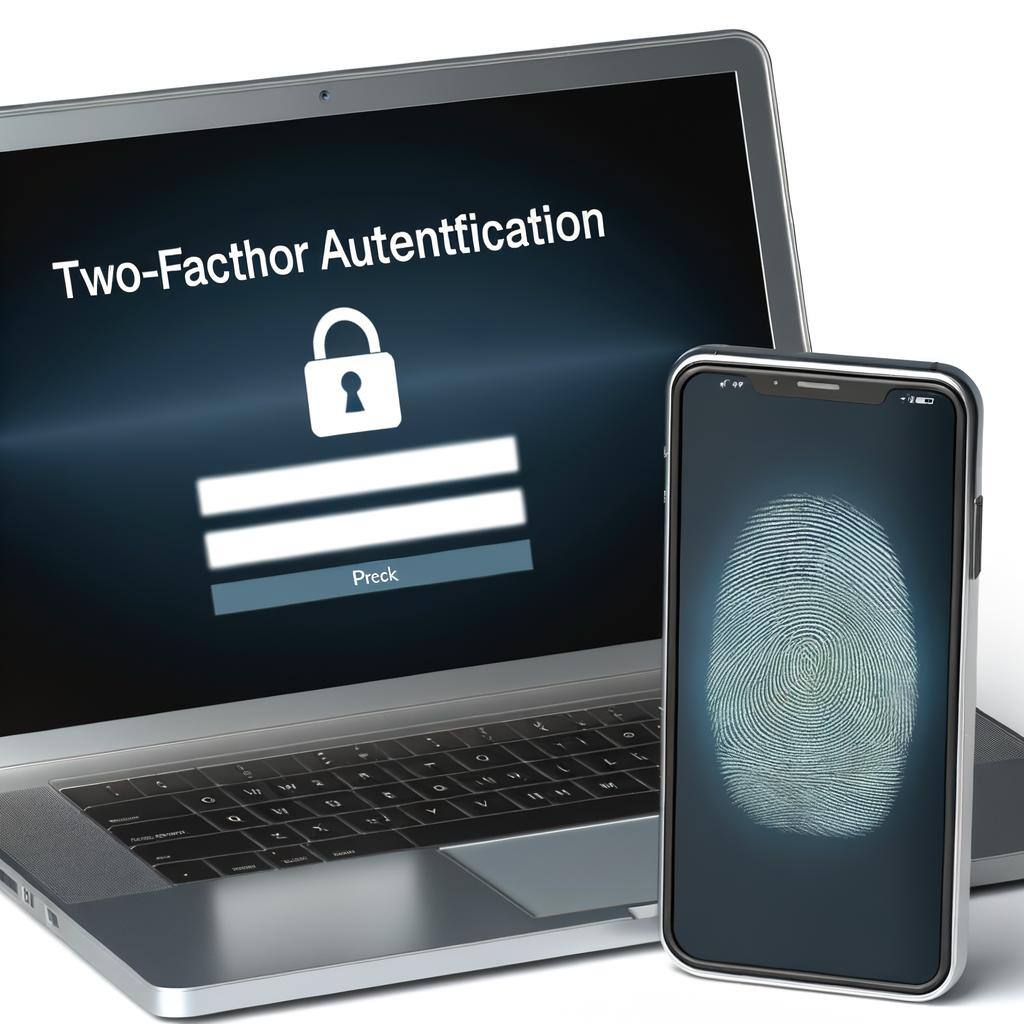How Password Managers Protect Your Accounts
Passwords unlock our digital lives. We use them for email, bank accounts, and more.
3 min read
Jeff : Jun 9, 2025 10:00:00 AM
The digital age has brought unparalleled convenience—but it has also introduced new vulnerabilities. As technology evolves, so do the methods hackers use to compromise personal and business accounts. While weak passwords and phishing emails are commonly known threats, cybercriminals are employing more advanced and lesser-known tactics.
In this article, we explore seven surprising ways hackers can access your accounts and provide practical strategies to strengthen your cybersecurity.
Over the years, hacking strategies have grown more complex, leveraging both technological advancements and human psychology. Traditional methods such as brute force attacks still exist, but modern hackers often favor more sophisticated approaches.
Social engineering: Hackers manipulate individuals into revealing confidential information, often by posing as trusted sources.
Credential stuffing: This technique involves using login credentials obtained from previous data breaches to access multiple accounts where users have reused the same passwords.
Artificial intelligence is now being used to automate phishing attacks and craft realistic fake content—making it harder to distinguish between legitimate and malicious communications.
Understanding these foundational methods is essential before diving into the lesser-known strategies used by modern hackers.
Hackers don’t always need to rely on the obvious. Below are some of the more surprising yet effective tactics cybercriminals use to compromise accounts.
Cookies store session data to make online experiences more convenient. If intercepted—often through unsecured networks or malicious links—these cookies can allow hackers to bypass login screens and impersonate users.
By tricking a mobile provider into transferring your phone number to a new SIM card, hackers can intercept two-factor authentication codes and reset passwords for key accounts.
Using AI, hackers can create realistic fake audio or video content. This is particularly dangerous in business and social engineering contexts, where a convincing impersonation can lead to major data breaches.
Many users connect their accounts to third-party apps for added functionality. However, if these apps lack proper security controls, they can become entry points for hackers.
Similar to SIM swapping, port-out fraud involves transferring your phone number to another provider without your permission. With control over your number, attackers can intercept sensitive communications and authentication codes.
Once installed, keyloggers silently record every keystroke you make, capturing usernames, passwords, and other sensitive data without your awareness.
Today’s phishing campaigns are increasingly powered by AI, making them highly personalized and difficult to detect. These emails often mirror legitimate communications, tricking even experienced users into clicking malicious links or disclosing information.
Understanding the risks is the first step. Here’s how to actively defend against these lesser-known yet powerful hacking techniques.
Use strong, unique passwords for every account. Avoid SMS-based two-factor authentication when possible—opt for app-based authenticators or hardware security keys for greater security.
Enable account alerts for unusual activity and review account logs periodically to catch unauthorized access early.
Public Wi-Fi can expose your data to interception. Always use a Virtual Private Network (VPN) when accessing sensitive information on unsecured networks.
Only link apps from trusted developers. Periodically review and revoke permissions for apps you no longer use.
Learn how to identify phishing red flags, such as unfamiliar email addresses, urgent messages, or unexpected links. When in doubt, verify the request through an alternate channel.
Beyond individual threats, a proactive cybersecurity mindset will help protect your data in the long term.
Hackers often exploit outdated software with known vulnerabilities. Keep your operating systems, browsers, and applications updated with the latest patches.
Follow the 3-2-1 rule: keep three copies of your data, stored on two different types of media, with one copy stored offsite or in the cloud.
For sensitive conversations, use end-to-end encrypted messaging platforms to prevent eavesdropping.
Ongoing education is critical. Stay informed about emerging threats and teach your team—or yourself—how to respond to evolving risks effectively.
Cybersecurity is a necessity, not an option. As hackers continue to innovate, protecting your digital assets requires awareness, vigilance, and action.
If you’re looking to strengthen your personal or business cybersecurity, we’re here to help. Contact us today to learn how we can help secure your digital presence and protect what matters most.
Newport Solutions has been helping small businesses in Orange County, CA for almost 20 years. Our dedicated team provides comprehensive IT services, ensuring your business operates smoothly and efficiently. From IT support to cybersecurity, we've got you covered. Discover how we can become your business's IT department today.
We proudly serve the following areas: Newport Beach, Irvine, Costa Mesa, and the greater Orange County region.

Passwords unlock our digital lives. We use them for email, bank accounts, and more.

In today's digital age, safeguarding our accounts from advanced hacking methods and cyber threats is of utmost importance. A powerful tool to bolster...

For most small businesses, Wi-Fi is as essential as electricity—everyone expects it to “just work.” But when coverage is spotty or the signal drops...